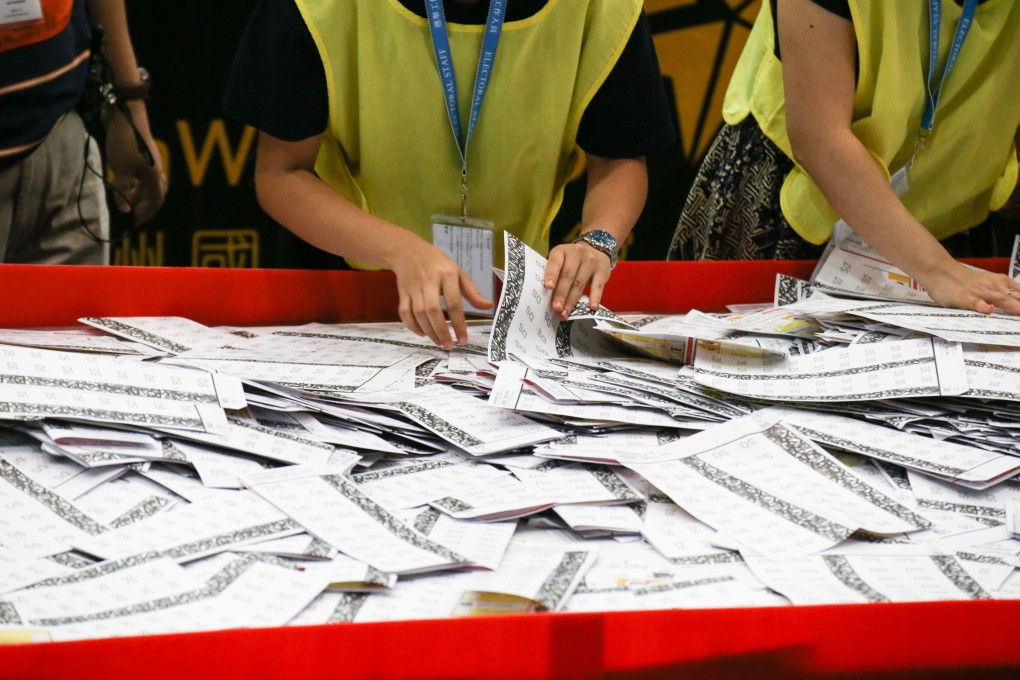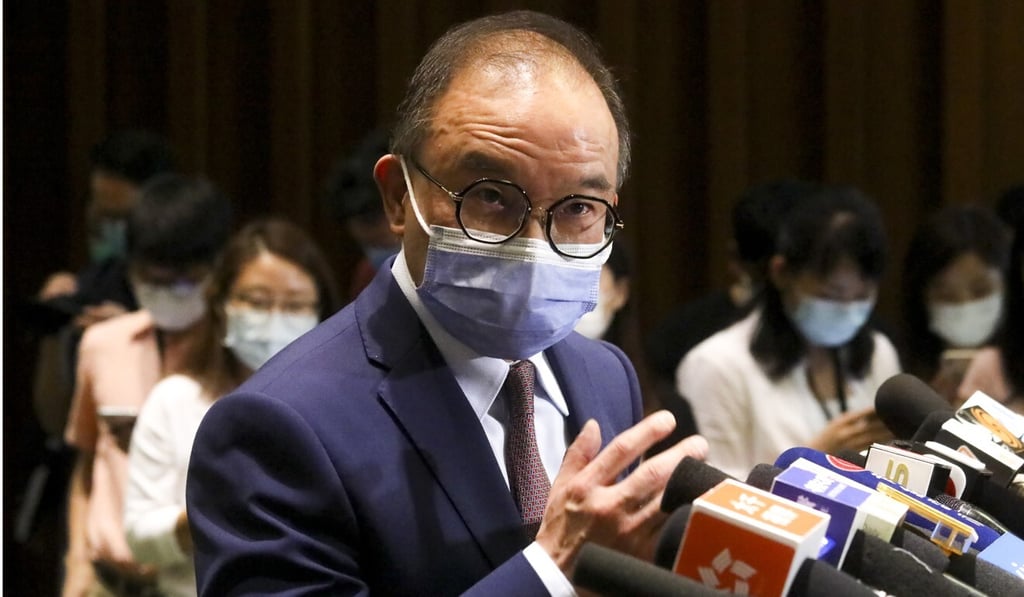Advertisement
National security law: Hong Kong official drops hints that election candidates could be barred for opposing new legislation
- Constitutional affairs chief Erick Tsang questions whether those who are against the law are fit to run for office
- Tsang also says it is up to returning officers to decide whether applicants are valid candidates
Reading Time:3 minutes
Why you can trust SCMP

The Hong Kong minister overseeing elections has dropped the biggest hint yet that candidates who oppose the national security law Beijing is crafting for the city could be barred from running in upcoming polls for the legislature.
Secretary for Constitutional and Mainland Affairs Erick Tsang Kwok-wai said on Wednesday that he had doubts as to whether those who were against the law being drafted by China’s top legislative body, the National People’s Congress Standing Committee, were fit to run for office.
“I don’t think anyone would question whether Hong Kong has a constitutional responsibility to protect national security,” he said.
Advertisement
“If one were to be against [the new law] in principle … does that fit the requirements for candidates to bear allegiance to the Hong Kong Special Administrative Region [SAR] of the People’s Republic of China?”

Advertisement
As part of their oath of office, lawmakers must swear allegiance to the SAR and declare a willingness to uphold the Basic Law, the city’s mini-constitution.
Advertisement
Select Voice
Select Speed
1.00x